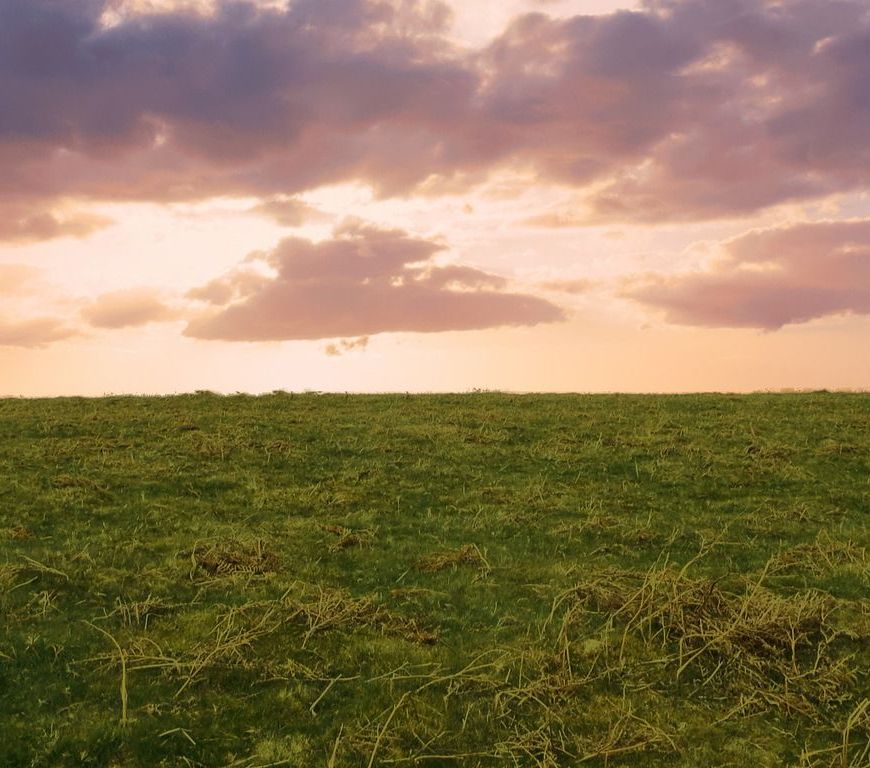
Southwood Prize 2023: Winner announced for early career researcher award
Journal of Applied Ecology is delighted to announce Dominic McAfee as the winner of the 2023 Southwood Prize! The award is given annually to the best article in the journal by an author at the start of their career. This year, Dominic was chosen by the Senior Editors from a strong shortlist of 12 articles. Winner: Dominic McAfee Research: Soundscape enrichment enhances recruitment and habitat building on new oyster reef … Continue reading Southwood Prize 2023: Winner announced for early career researcher award








